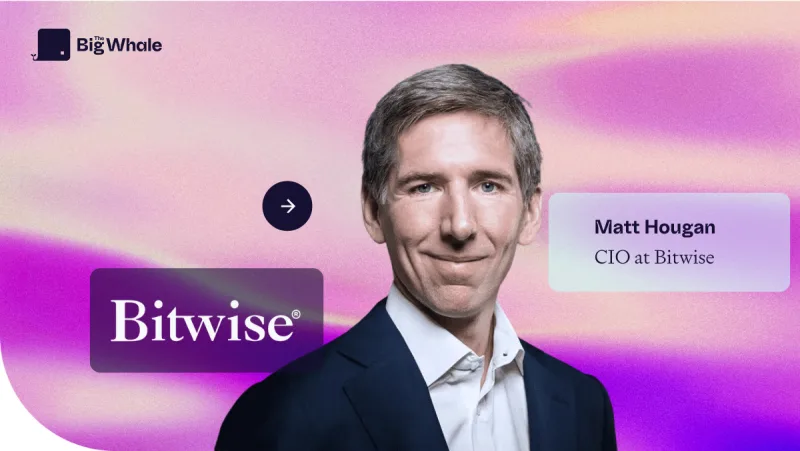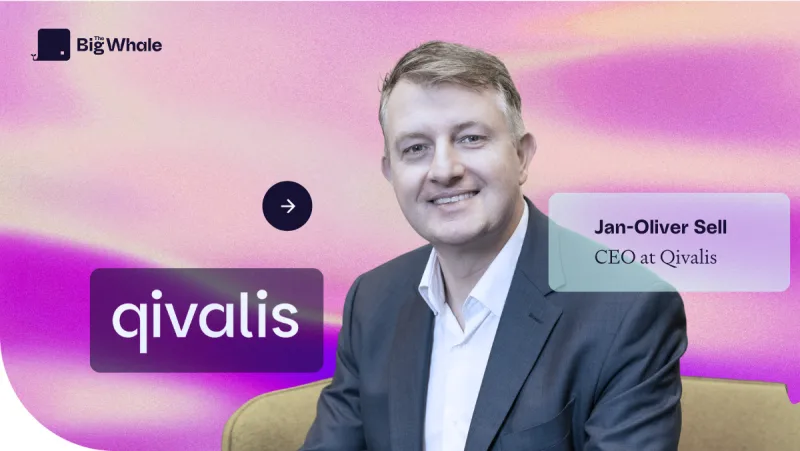TBW - Web3: the French ecosystem faces up to its challenges

What is the state of French Web3? This is the central question that Doors3, Banque Delubac & Cie, Finance Innovation, Stack Talent and ADAN set out to explore through an in-depth survey of 73 players in the sector.
This study, published this Tuesday, offers an exhaustive analysis covering the financial health of start-ups, their interactions with the traditional economy and their recruitment challenges.
"This is a first edition, so there are obviously things to improve, but it gives a good snapshot of French Web3," emphasises Karen Jouve, CEO of consultancy Doors3.
Key findings from the report:
A number of findings confirm the trends observed in recent years. Regulation remains a major challenge. "Achieving compliance represents a significant cost and it's not just a financial issue. It also requires resources, skills and the ability to navigate a constantly changing regulatory framework," analyses Jennifer d'Hoir, Director of Public Affairs at Sorare.
Recruitment remains a crucial issue. "The shortage of technical profiles can be explained by several factors such as the rapid growth of the sector, global competition and barriers to entry with technologies such as Rust, Solidity, cryptography or certain blockchain languages and frameworks that are still not widely taught", the report details.
Notably, 82% of companies are planning to recruit in the next 6 months, representing 240 vacancies to be filled within the organisations surveyed.
The study also reveals some unexpected results, particularly with regard to the sector's financial health. Nearly half of start-ups (49.3%) claim to be profitable, a surprising figure after two difficult years. "This result may indeed be questionable", admits Karen Jouve, although she points out that the sample is not exhaustive.
Despite its growth, French Web3 is still struggling to integrate into the traditional economic fabric. While 75% of companies say they are collaborating with traditional players or institutions, these partnerships often remain at the experimental stage or struggle to establish themselves over the long term.
There are three main reasons for this integration difficulty: implementation times are too long (62.5%), there is a lack of interest in Web3 (58%) and there is insufficient understanding of the issues (56%).
One thing is clear: the sector is becoming increasingly polarised between companies that are on the up and those that are still finding their way.
"It's great to have driving forces, and France, like Europe, has many of them in the image of Morpho, Kiln or Sorare, but the problem is that the day these companies become autonomous, and go international in particular, there can be a real break", analyses Karen Jouve.
This disparity is reflected in fundraising: more than half the companies (51.4%) raised less than €100,000, while a minority (11.8%) managed to raise more than €10 million, like Morpho, Kiln or Zama.
The same discrepancy is evident in turnover: over 70% of businesses generate less than €1 million (including 33.8% less than €100,000 annually), while an elite 15% exceed €5 million.



